
Scaling Up Compensation
5 Design Principles for Turning Your Largest Expense into a Strategic Advantage
Recommendation
Ideally, you would reward people according to the value they bring to your company. But pay, benefits and incentives trigger emotions, making their design complex. Employees will think disproportionately about it unless they believe their pay is fair. Verne Harnish and Sebastian Ross urge you to build your compensation system to remove pay as a distracter. Through case examples, the authors show how a “total rewards” strategy aligns worker behaviors, decisions and actions with corporate values and culture.
Summary
About the Authors
Verne Harnish founded Scaling Up and the 16,000-member Entrepreneurs Organization (EO). Sebastian Ross is the Director of the School of Founders Program at IESE Business School.


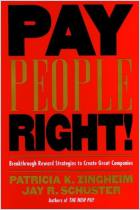
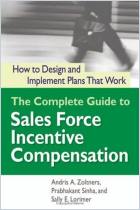
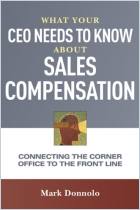

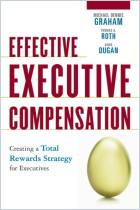
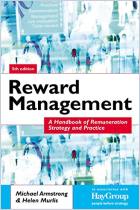




Comment on this summary